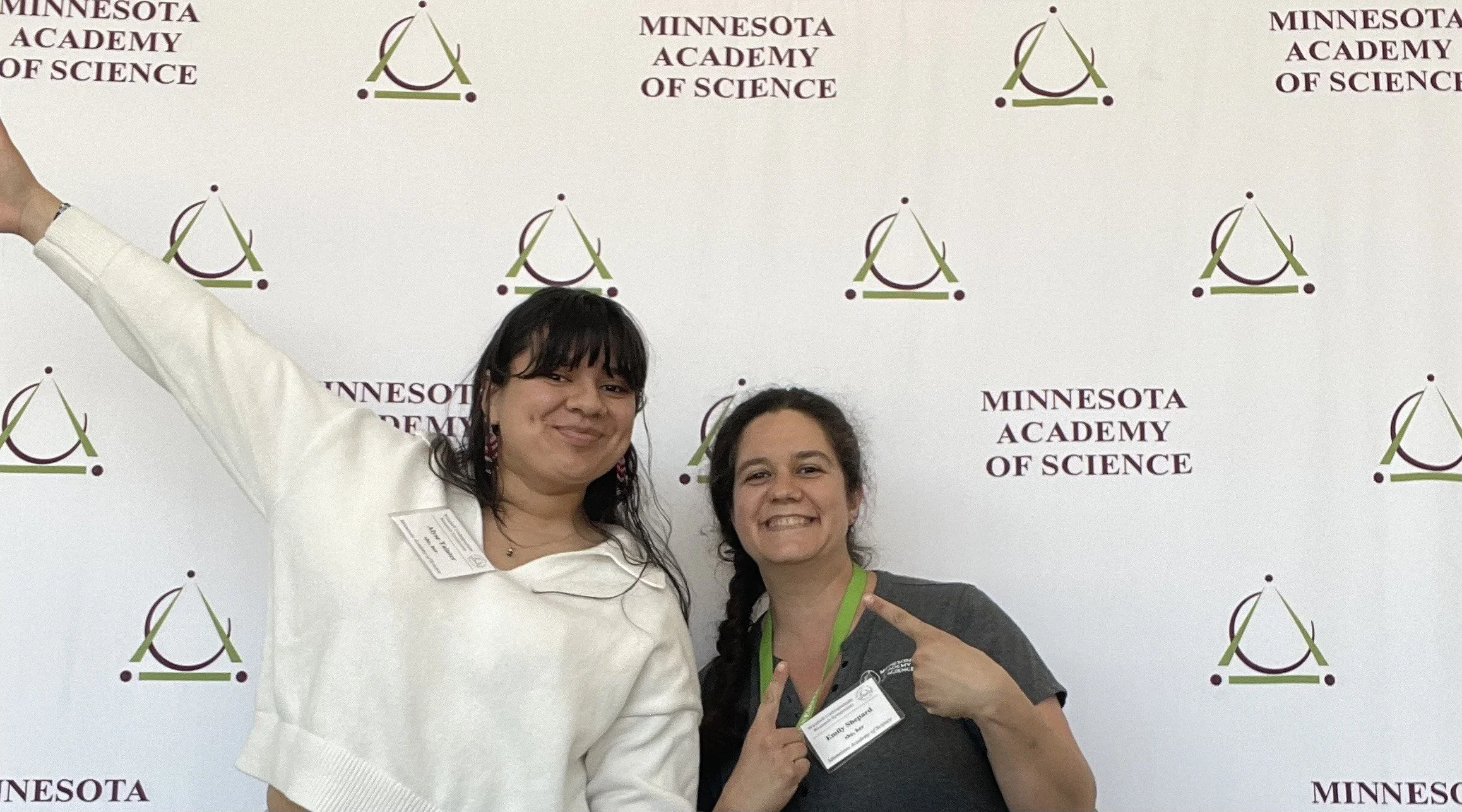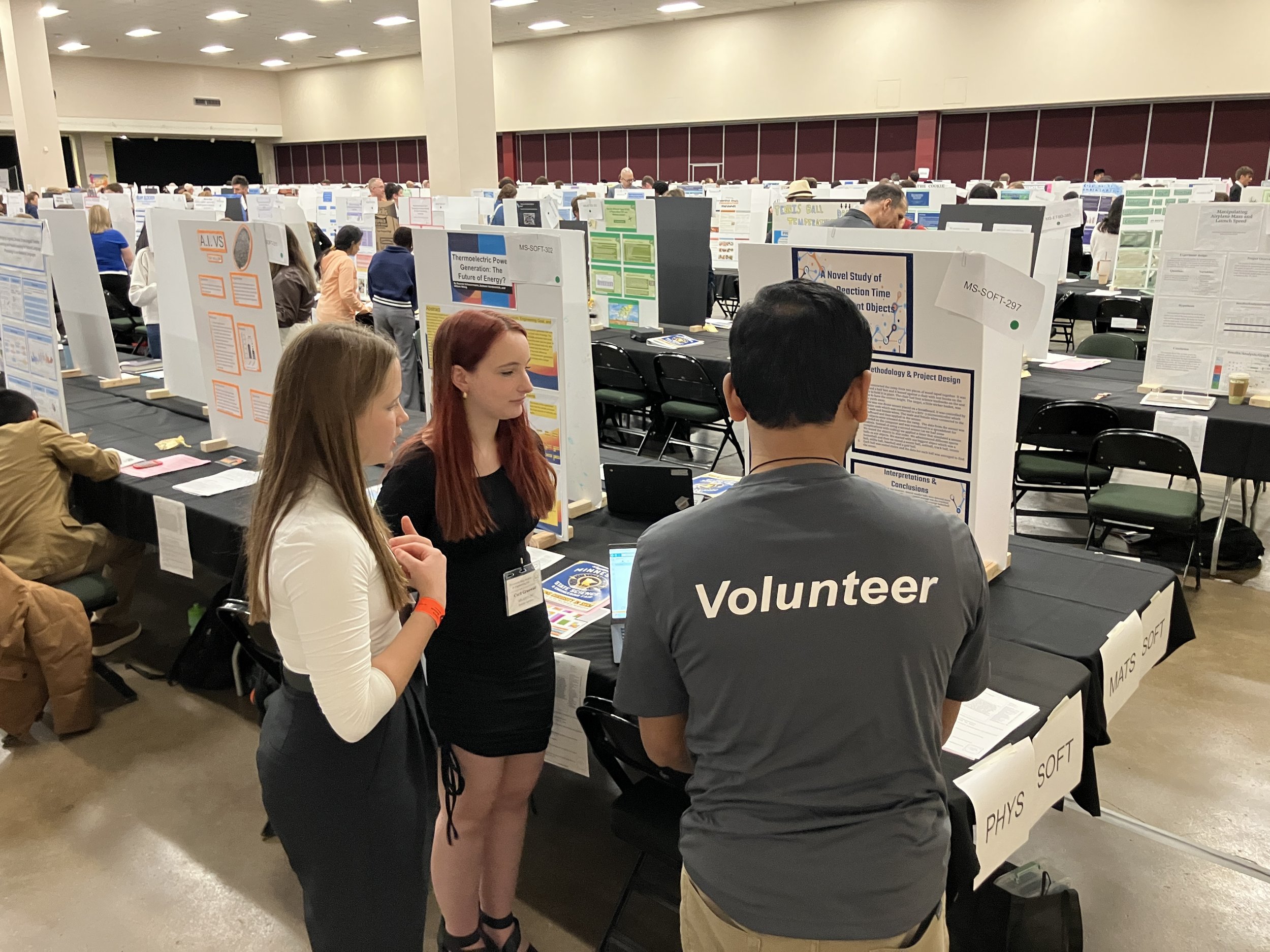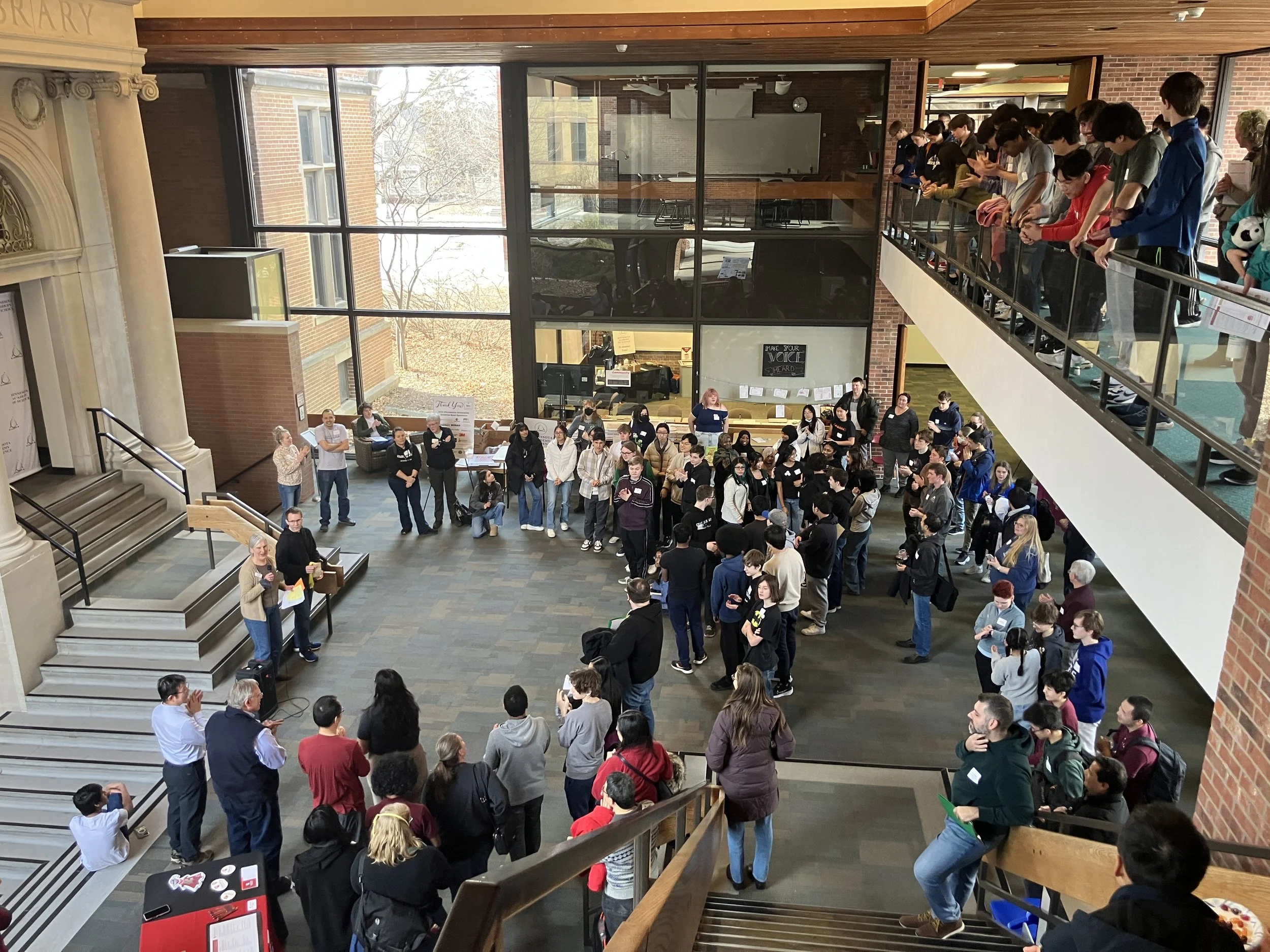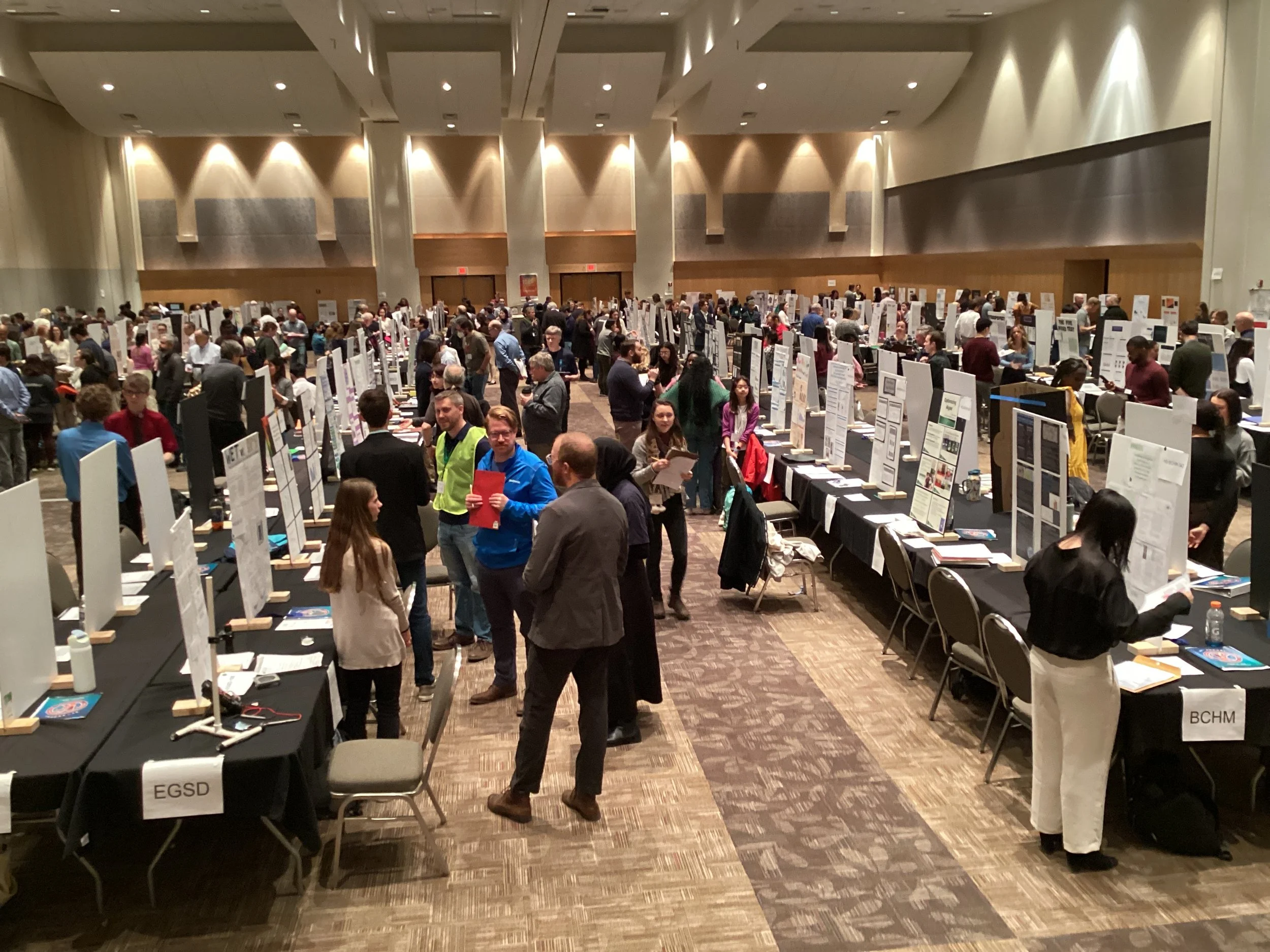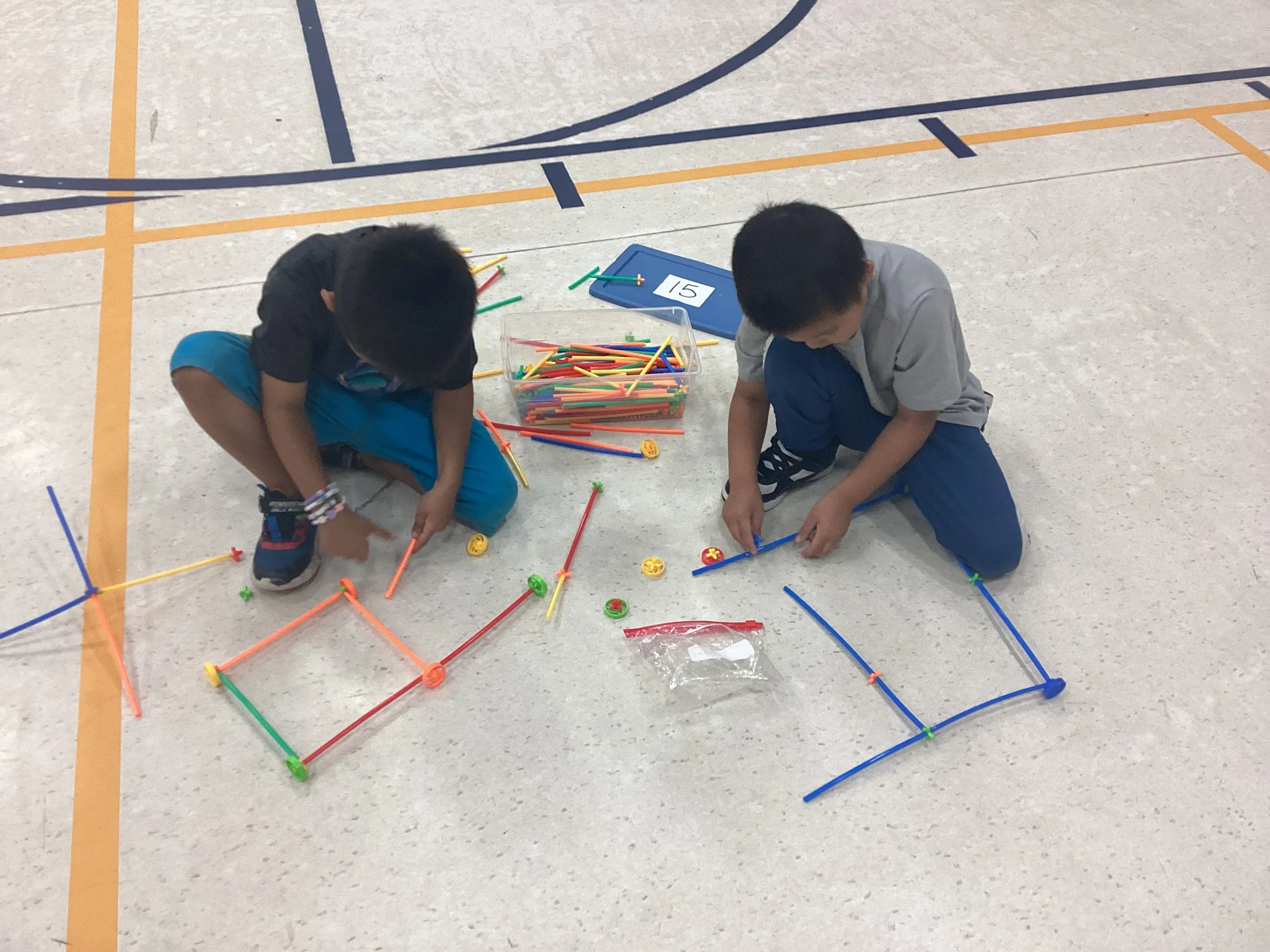Dr. Anu Ramaswami, Charles M. Denny, Jr., Chair of Science, Technology, and Public Policy, University of Minnesota Humphrey School of Public Affairs
Dr. Anu Ramaswami spoke about her work exploring how to develop healthy, sustainable cities in the United States, India and China. She shared results from her collaborative work with researchers across the world on redesigning cities to address not only urban infrastructure issues, but also reduce greenhouse gas emissions, improve social structure and create more open space. Her work was funded by a National Science Foundation grant titled "Partnerships for International Research and Education – Developing Low-Carbon Cities in the U.S., China and India."
PROBLEMS GLOBAL CITIES ARE FACING
200,000 premature deaths occur annually in the U.S. due to air pollution.
30-40% of the urban population in Asia and Africa live in informal settlements, and the world is becoming increasingly urban.
Many U.S. cities are suffering from aging infrastructure.
Ramaswami indicated the need for governments to collaborate with each other to tackle trans-boundary issues, such as greenhouse gas emissions. Roughly 70% of greenhouse gas emissions are associated with cities, because of energy and electricity imports to cities; thus, reshaping and rethinking cities is critical.
WHAT ARE SOME SOLUTIONS?
Cities, acting as drivers of global change, can rethink urban form by co-locating infrastructure, employment and housing, which not only reduces greenhouse gas emissions but also results in positive social change.
Minor changes in habits and product choice will not allow us to achieve significant reductions in greenhouse gas emissions. Instead, state programs such as mandating increased reliance on renewable energy, reducing energy demand through financial incentives and educating consumers, and shifting to natural gas make biggest impact on greenhouse gas emissions.
Dr. Ramuswami asked us to magine driverless cities. One driverless car would replace 12 regular vehicles and there are six to eight parking spots per each car owned in the U.S. What would we do with all the space opened up?
She suggested using waste heat from industries as energy inputs to heat and cool cities for free! Seventy to eighty percent of energy used in China is for industry. So much could be conserved if urban centers can be redesigned for energy efficiency.
Another idea: using waste as a fuel. In India, Dr. Ramaswami led a study to harness anaerobic digestion and biogas technology from wastewater and food waste.
Dr. Ramaswami is continuing her research with a National Science Foundation grant titled "Sustainability Research Network - Integrated Urban Infrastructure Solutions for Environmentally Sustainable, Healthy, and Livable Cities".
Keep up with this study at www.sustainablehealthycities.org. To read more about Dr. Ramaswami’s work, check out her web site at https://www.hhh.umn.edu/directory/anu-ramaswami.
Attendees at Dr. Ramaswami’s Science Salon presentation.








